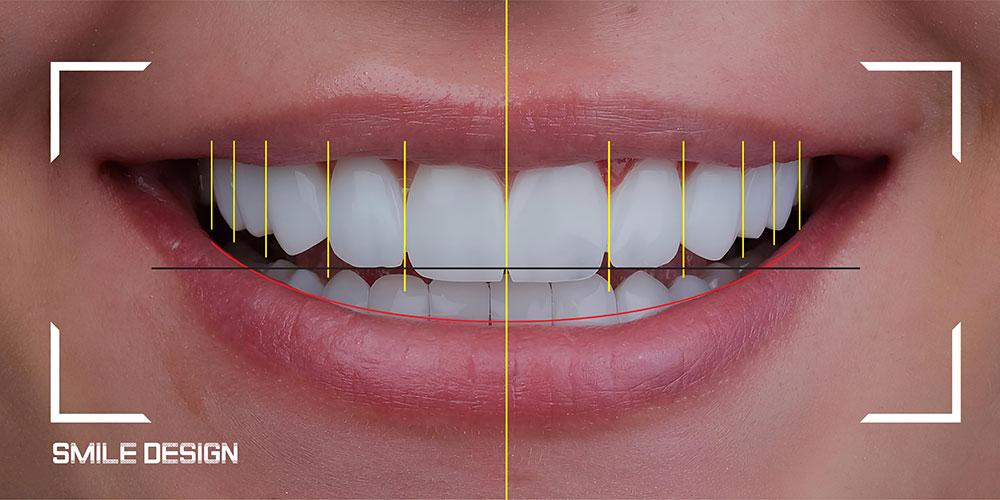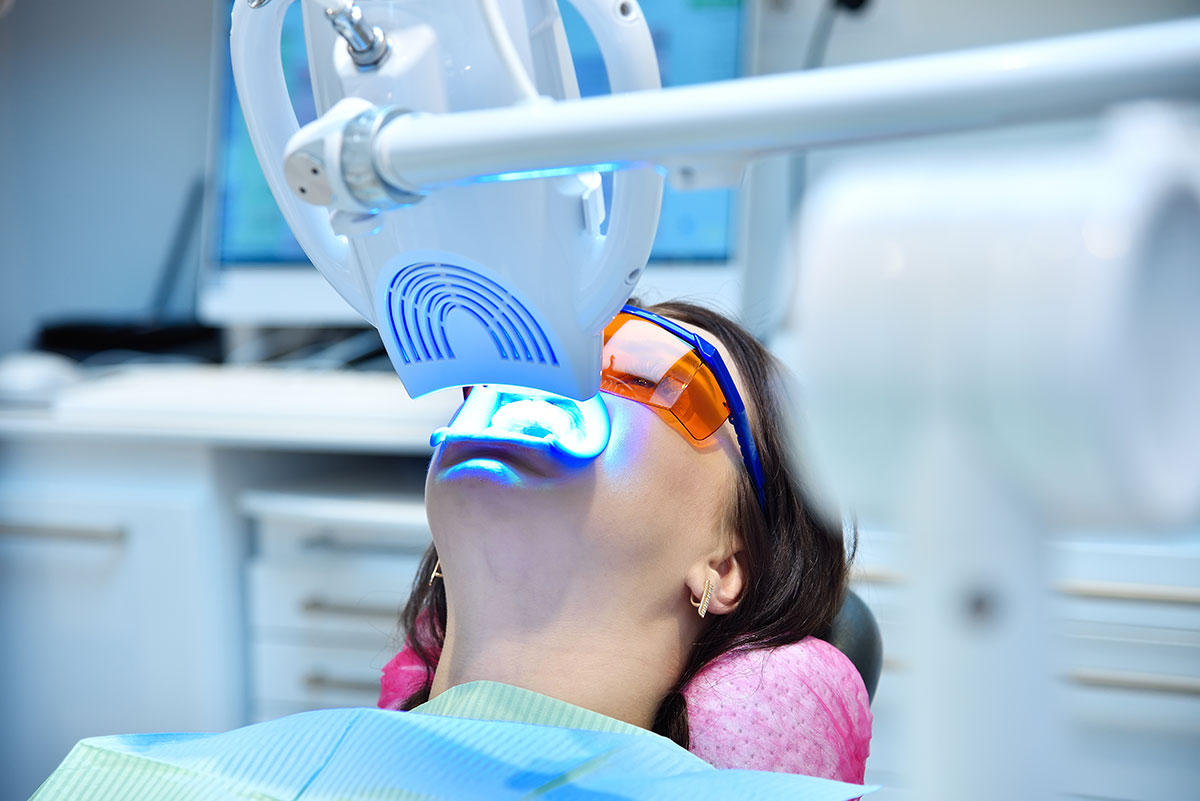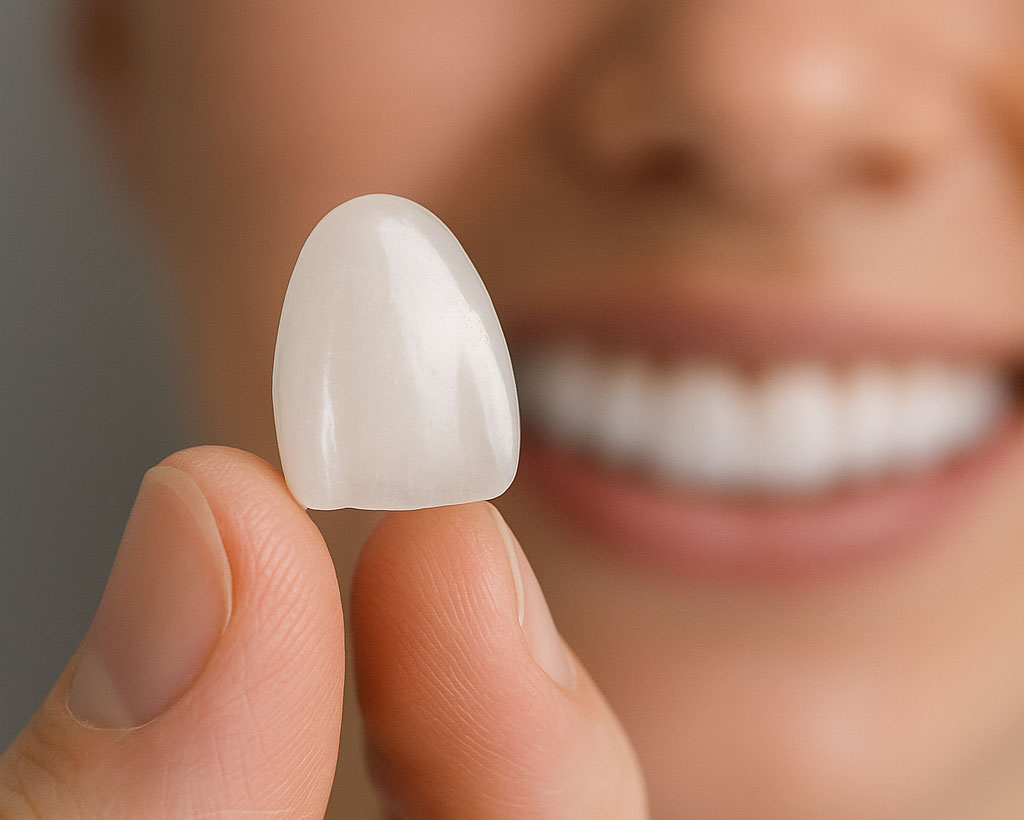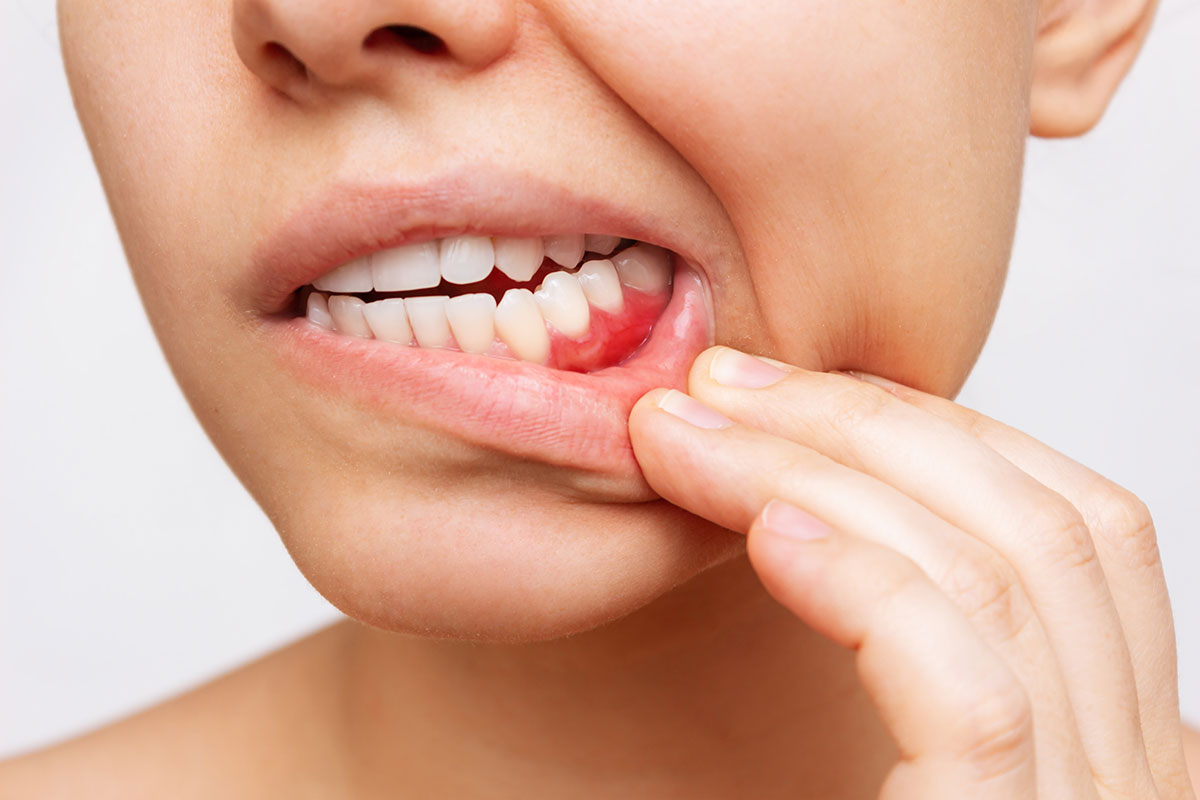Tooth brushing is one of the most basic and effective methods for maintaining oral and dental health. This habit, which is an indispensable part of daily life, not only prevents tooth decay and gum disease, but also directly affects general health. Because the mouth is the gateway to the body and problems that may occur here can lead to problems in many areas, from the digestive system to heart health. Therefore, brushing your teeth is not only an aesthetic necessity, but also an essential routine for a healthy life.
Health Benefits of Tooth Brushing
Regular brushing of the teeth prevents the buildup of plaque and bacteria. Plaque is a sticky and colorless layer that forms on the tooth surface. If it is not cleaned regularly, it leads to tartar formation and gingivitis in the future. In addition, bad breath is largely prevented by brushing. Bad breath not only negatively affects a person's social life, but can also be a sign of a serious underlying oral health problem.
In addition, research shows that dental health is directly linked to cardiovascular disease, diabetes and even pregnancy. Regular brushing plays an important role in reducing such risks.
Correct Tooth Brushing Techniques
Although many people brush their teeth regularly, they do not get full efficiency because they do not know the right techniques. Here are the basic steps of proper brushing:
- Brush Angle: The toothbrush should be placed at a 45-degree angle to the gums. This angle facilitates the removal of plaque accumulated at the gum line.
- Movement Pattern: Teeth should be brushed with circular and gentle movements. Hard and horizontal movements can damage tooth enamel and cause gum recession.
- Duration: At least 2 minutes should be allocated for effective brushing. Using a timer or brushing during a song can be fun and useful.
- Frequency: Teeth should be brushed at least twice a day, morning and evening. Ideally, teeth should be cleaned after each meal.
- Tongue and Palate Cleansing: Brushing should not be limited to the teeth, the tongue and palate should also be lightly brushed to reduce the bacterial load in the mouth.
Choosing the Right Brush and Putty
Another important step in maintaining dental health is to choose the appropriate toothbrush and toothpaste. Brushes with medium-hard bristles clean the teeth sufficiently and do not damage the gums. For children, brushes with smaller heads and soft bristles should be preferred.
When choosing toothpaste, products containing fluoride strengthen tooth enamel and prevent the formation of caries. There are also special pastes for people with sensitive teeth. The important thing is to consult your dentist and choose products suitable for your personal needs.
Tooth Brushing Habits in Children
The habit of brushing teeth should be acquired at an early age. Parents play a very important role in teaching children this habit. When the first baby teeth begin to erupt, the tooth surfaces should be wiped with a clean gauze or special baby brushes. As the child grows older, it is possible to make the process enjoyable with brushes with colorful and fun designs. Parents can also be role models by brushing together with their children.
Common Mistakes
There are some common mistakes in tooth brushing:
- Brushing Too Hard: Putting too much pressure on the teeth, thinking that it cleans better, can damage the enamel.
- Brushing for a Short Time: If not enough time is allocated, the back teeth in particular are not cleaned properly.
- Not Changing the Brush Regularly: Used and deformed brushes cannot effectively remove plaque. Experts recommend replacing brushes every 3 months.
- Concentrating on the Same Area Repeatedly: Each surface of the teeth should be brushed for an equal amount of time.
Habits that Support Tooth Brushing
Brushing alone is not enough; supportive habits should also be developed. Flossing is very effective in cleaning hard-to-reach areas between teeth. In addition, antiseptic mouthwashes reduce the amount of bacteria in the mouth. A balanced diet, limiting sugary foods and regular dental check-ups protect oral health in the long term.
Conclusion
Brushing your teeth is a seemingly simple habit that can lead to serious consequences if neglected. Regular brushing with the right techniques not only provides an aesthetically healthy smile, but also helps protect overall health. This habit acquired in childhood forms the basis of healthy teeth for a lifetime.
In order to maintain oral and dental health, not only brushing, but also flossing, mouthwash and regular dental check-ups should be made a part of life. Remember, healthy teeth are the key to a healthy life.





